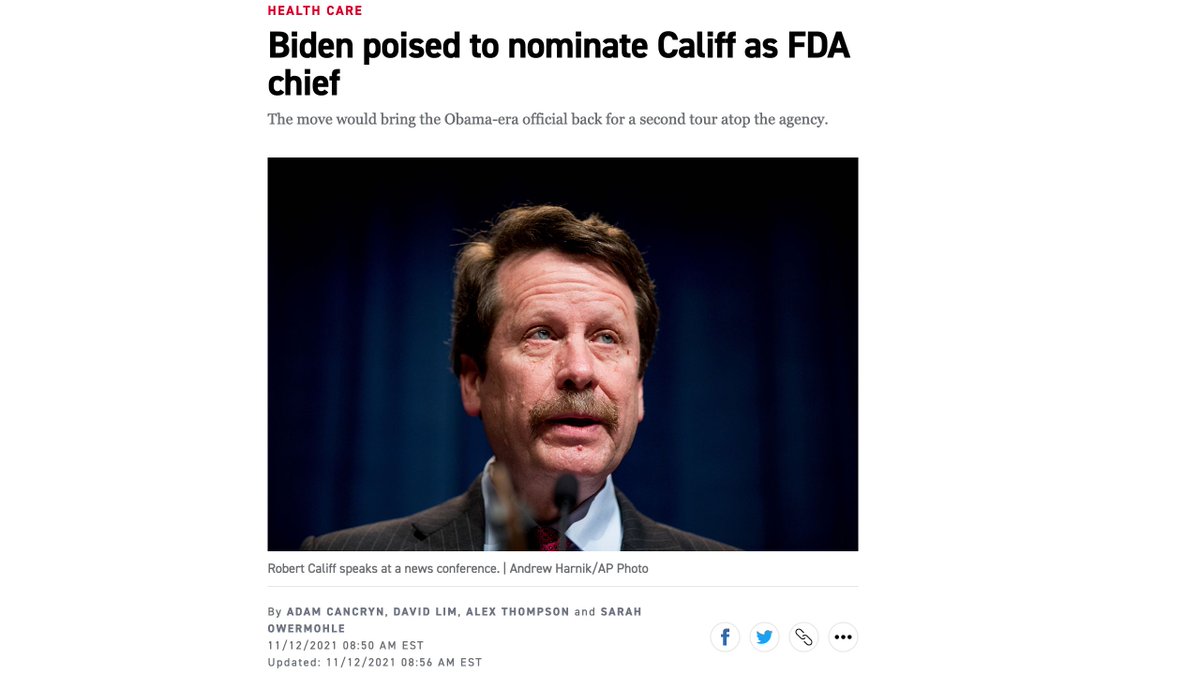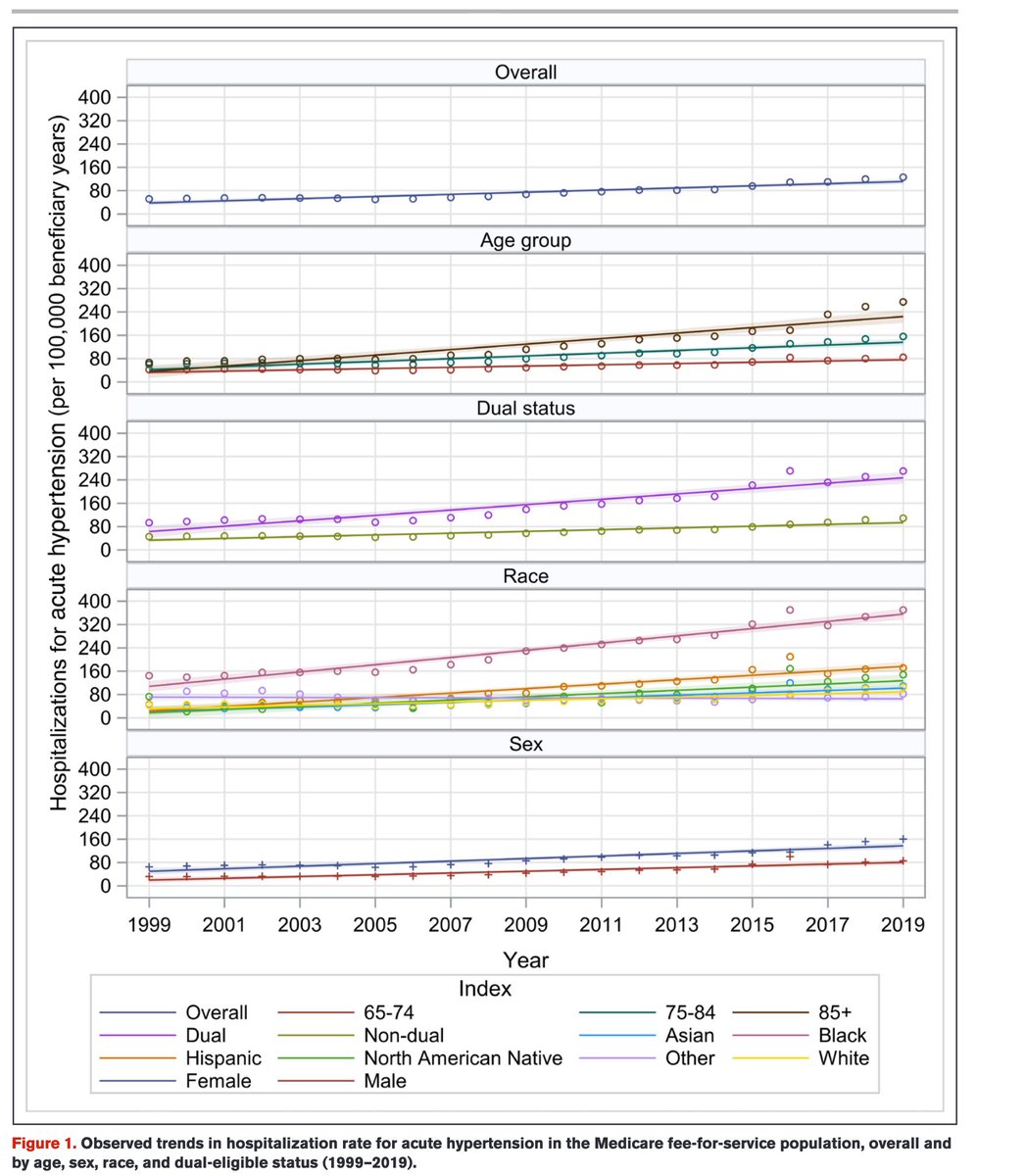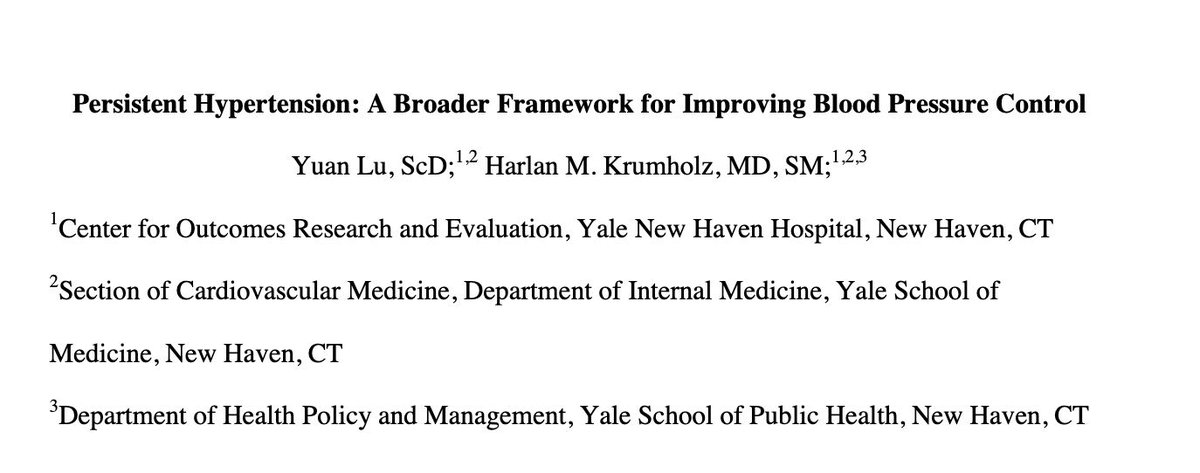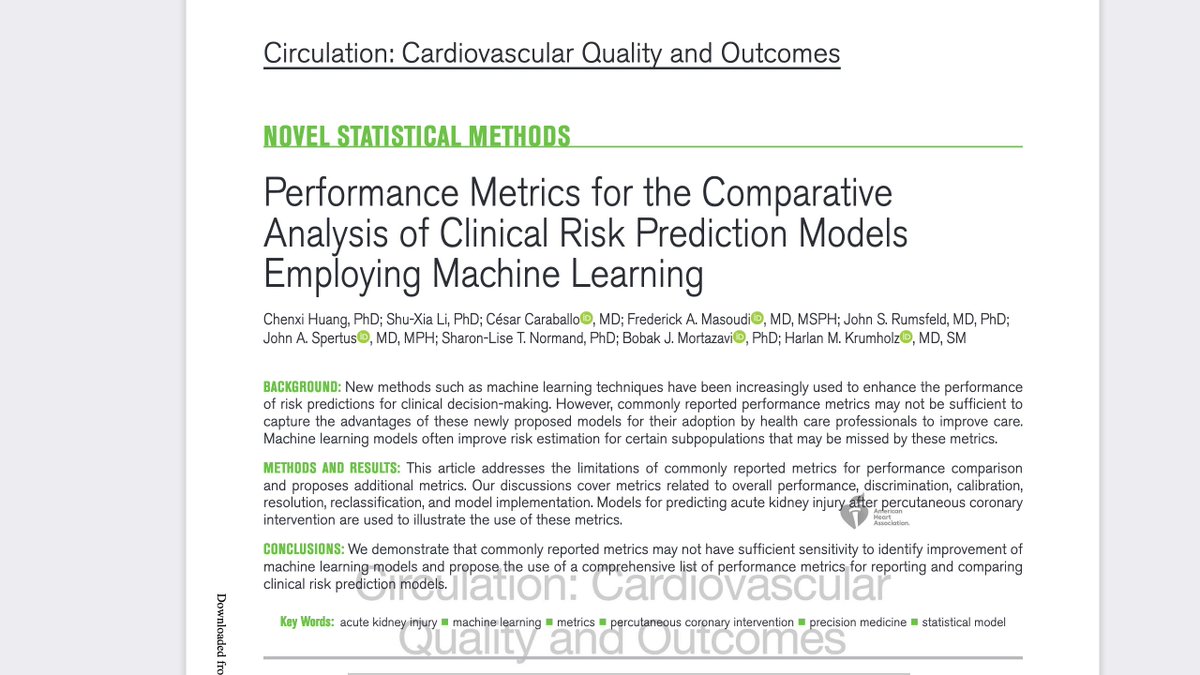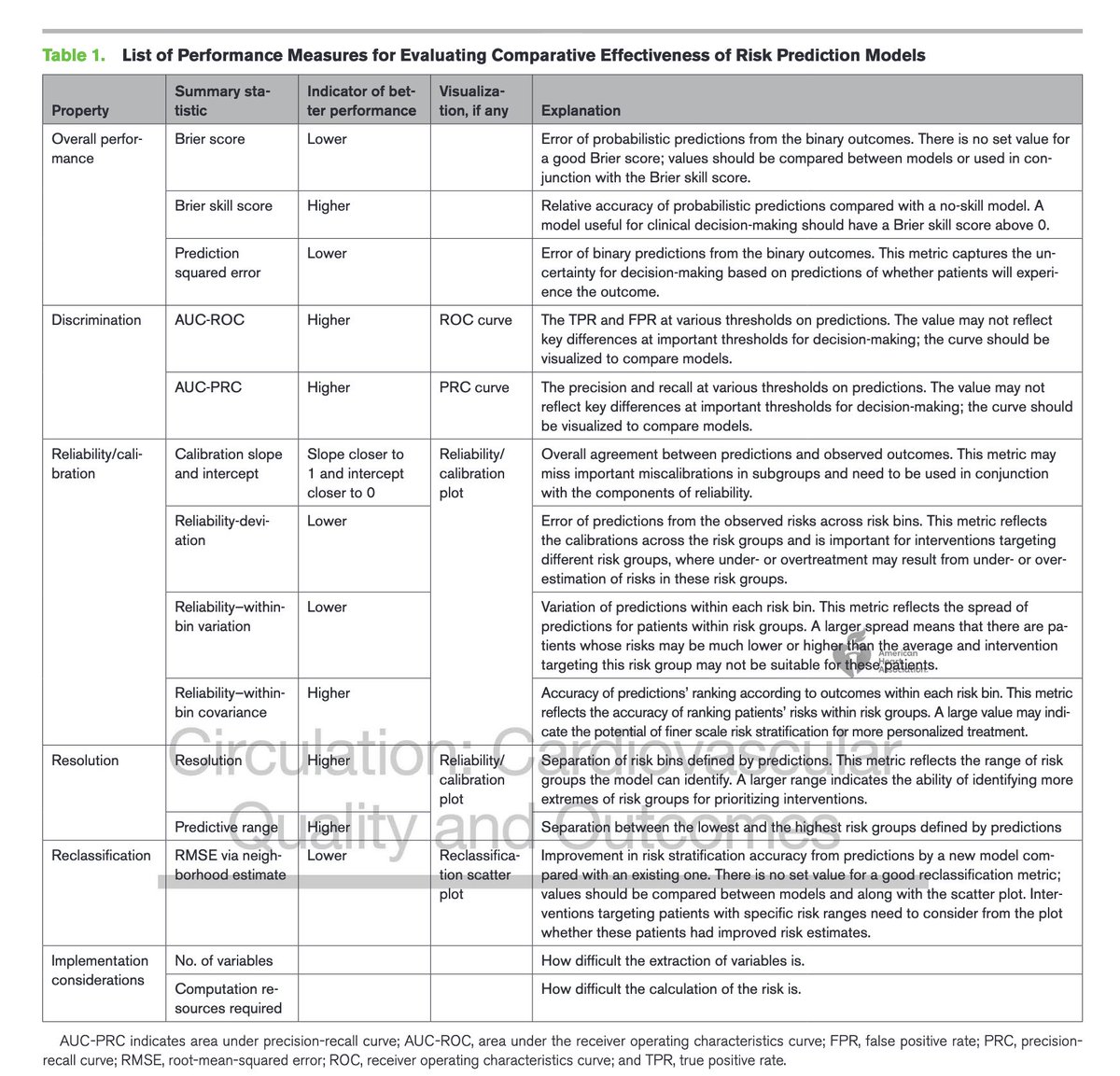
Lots of discussion about science journals…here’s the thing, they do not make it easy on authors. Each journal has their own format, they do not accept each others peer reviewers, they often ask authors to pay for privilege of publishing, and ask authors to donate time to review.
There are so many ways to make this easier… be flexible on format until you decide you want the paper… then you can ask authors to format according to your particular preferences.
Come to agreement about peer reviewers; with each journal starting over with peer reviewers it creates so much more work and delays. There are ways to share among the journals if author so elects.
The charging to publish…we have to find more efficient ways… punishing for those who are prolific…& even for those who are not. Money is not just sitting around for publication costs. & if you do reviews, shouldn’t that defray publication costs. That labor is worth something.
I get the challenge of making journals work but this is not working well for authors who basically feel no power an are afraid to alienate those with such discretionary power over what is published. @atulbutte and I have been discussing alternatives.
@atulbutte The premise is that this field is ripe for disruption… and there are so many pain points that could be addressed and improved… and not clear that the status quo optimizes for the needs in scientific communication.
• • •
Missing some Tweet in this thread? You can try to
force a refresh


